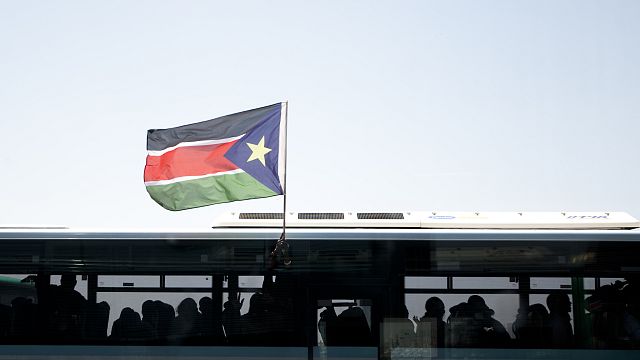World Animal Protection is calling on livestock farmers to take urgent action to reduce the overuse of antibiotics in animal agriculture, a key driver of Antimicrobial Resistance (AMR). This was raised during a virtual event to Commemorate World Antimicrobial Awareness Week (WAAW) 2024.
Dr Patrick Muinde, the Research Manager at World Animal protection said, “The link between industrial animal agriculture and the rise of AMR cannot be ignored. In many intensive farming systems, antibiotics are used routinely not only to treat infections but also to compensate for poor living conditions that stress animals.
In these environments, antibiotics are often administered as growth promoters or as preventive treatments, even when animals are not sick.
This widespread misuse accelerates the development of resistant bacteria that can then be transmitted to humans through the food chain, direct contact with animals, or environmental contamination.”
“The future of our food systems depends on transforming agriculture to be more humane and sustainable, reducing the spread of AMR. By reducing our reliance on antibiotics in farming and adopting practices that prioritize animal welfare, we can build a healthier future for both people and animals.” Recommends Dr. Muinde.
Antimicrobial resistance (AMR) occurs when bacteria, viruses, fungi, or parasites evolve to resist the effects of the medicines designed to treat them. The emergence of superbugs —microbes resistant to multiple drugs—poses a grave threat to both human and animal health.
Antibiotics are essential for treating infections in both humans and animals, but their overuse in animal farming, especially as growth promoters or for routine disease prevention, contributes significantly to the spread of AMR.
As demand for livestock-derived foods continues to soar—projected to grow by 30% by 2030—the need for responsible antibiotic use in animal agriculture has never been more urgent. By 2050, the global consumption of meat and milk is expected to more than double, increasing the pressure on farming systems that are already contributing to the rise of AMR.
In regions like Africa, where industrial livestock systems are expanding rapidly, the threat of AMR is growing at an unprecedented pace.
This World Antimicrobial Awareness Week, World Animal Protection is calling for the following actions from livestock stakeholders:
· Commit to the responsible use of antibiotics in animal agriculture: Antibiotics should be used only, when necessary, under the guidance of a veterinarian, and to treat diagnosed infections.
· End the use of antibiotics as growth promoters: Antibiotics should never be used routinely to boost growth or compensate for poor animal welfare.
· Strengthen policies and regulations to ensure that antibiotics are used judiciously, and that animals are raised in conditions that promote their health and welfare.
· Support humane farming practices that reduce the need for antibiotics by improving animal living conditions, providing better nutrition, and using alternative methods of disease prevention such as vaccination and biosecurity measures.
· Join global efforts to transform food systems by supporting campaigns that advocate for better animal welfare and responsible antibiotic use.
Together, we can protect animals, safeguard the effectiveness of life-saving antibiotics, and ensure a healthier planet for future generations.
The post Reduce Antibiotic use in farmed animals urges World Animal Protection appeared first on The Herald ghana.
Discover more from HOT SOURCE NEWS
Subscribe to get the latest posts sent to your email.

